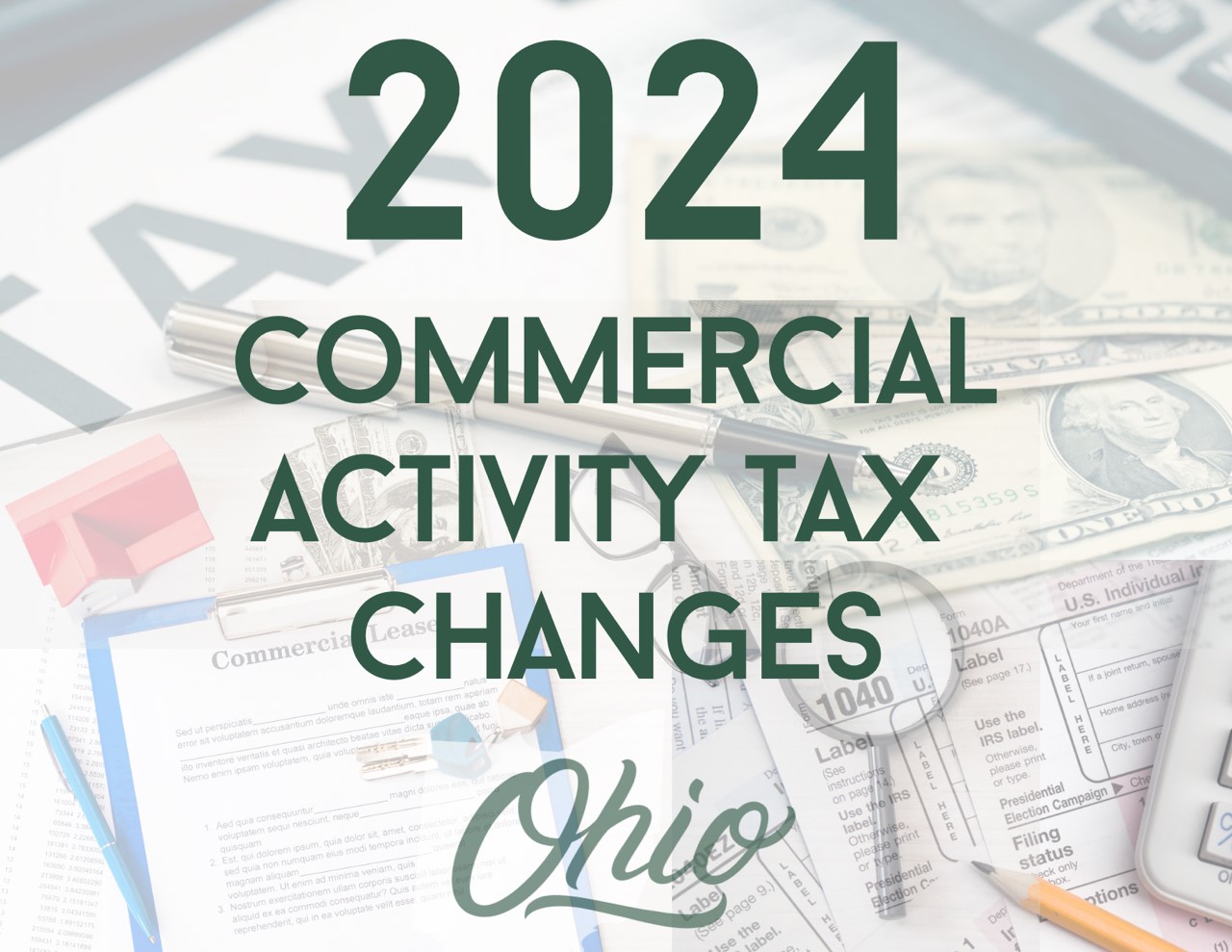The imminent enforcement of the Corporate Transparency Act (CTA) is a critical turning point that demands immediate attention from business owners to avoid severe penalties. Ultimately, business owners need to understand that it’s the business owner’s responsibility to ensure you are following and meeting all reporting requirements for your business. This article will review some key points within the CTA, and business owners are advised to review the CTA to understand all of its requirements as they pertain to their specific situation.
The CTA Sets a New Standard for Business Ownership Disclosure
Under the CTA, the Beneficial Ownership Reporting requirements will be effective January 1, 2024. This reporting requirement mandates most U.S. corporate entities and foreign entities operating in the U.S. to report ownership information to the Financial Crimes Enforcement Network (FinCEN). The CTA’s enactment establishes unprecedented protocols, compelling reporting entities to disclose the identities of their beneficial owners.
Key terms and definitions to know from the CTA:
- The CTA defines a “Reporting Company” as any corporation, LLC, or similar entity created by a filing with a state secretary or similar office, including entities formed under foreign laws but operating in the U.S.
- A “Beneficial Owner” is someone who exercises substantial control over a company or holds at least 25% of the ownership interest, which includes top officers even without ownership stakes.
- A “Company Applicant” is defined as the individual(s) responsible for the filing to form or register the company.
- Required reporting information include: legal and trade names, addresses, jurisdiction of formation or registration, and taxpayer identification number for the company.
- For Beneficial Owners and Company Applicants: full legal names, birthdates, residential or business addresses, identification numbers, and images of their identification documents must be reported.
- Exemptions: While some companies are exempt, the broad scope of the CTA means that most entities will need to engage in substantial reporting.
Key Information Releases to Watch For
All reporting companies will submit their information electronically through the Beneficial Ownership Secure System (BOSS). The system is still in development and has not been launched as of the date of this article. You can expect detailed guidelines from FinCEN that will direct your next steps once it has.
Concrete Steps Towards Meeting CTA Requirements
- Identify reporting requirements: Determine if your business is classified as a “Reporting Company.”
- Review Current Ownership Structures: Examine your company’s ownership details and update records to reflect the current status.
- Understand the Definition of ‘Beneficial Owner’: Familiarize yourself with the legal criteria for beneficial owners to ensure all necessary information is reported.
- Prepare for BOSS Registration: Anticipate the requirements of the BOSS system and gather all pertinent information beforehand.
- Monitor Legislative Updates: Regularly check for new information from FinCEN and adjust your compliance strategies accordingly.
Consequences of Ignoring New Compliance Requirements
Reporting requirements do not start until January 1, 2024, and FinCEN will not accept any reports until then. However, preparing your business for this reporting requirement is essential. The enforcement of the CTA includes significant penalties, including daily fines and possible imprisonment for non-compliance.
Key timeframes:
- Reporting companies created or registered to do business before January 1, 2024, will have additional time — until January 1, 2025 — to file their initial BOI reports.
- Reporting companies created or registered on or after January 1, 2024, will have 90 days after receiving notice of their company’s creation or registration to file their initial BOI reports.
- Reporting companies created or registered on or after January 1, 2025, will have 30 days after receiving notice of their company’s creation or registration to file their initial BOI reports.
How Compliance Strengthens Your Business
The CTA is not just a regulatory hurdle; it’s a chance to build trust with clients and partners by demonstrating your commitment to transparency and ethical business practices. By embracing these changes, you comply with the law and position your business as trustworthy in a competitive market. While the requirements can seem daunting on the surface, reach out to our firm, and we can help you navigate and guide your research.
Additional resources for information: Small Entity Compliance Guide
Treasury Circular 230 Disclosure
Unless expressly stated otherwise, any federal tax advice contained in this communication is not intended or written to be used, and cannot be used or relied upon, for the purpose of avoiding penalties under the Internal Revenue Code, or for promoting, marketing, or recommending any transaction or matter addressed herein.
 Home
Home Sign In
Sign In Make a Payment
Make a Payment Search
Search











